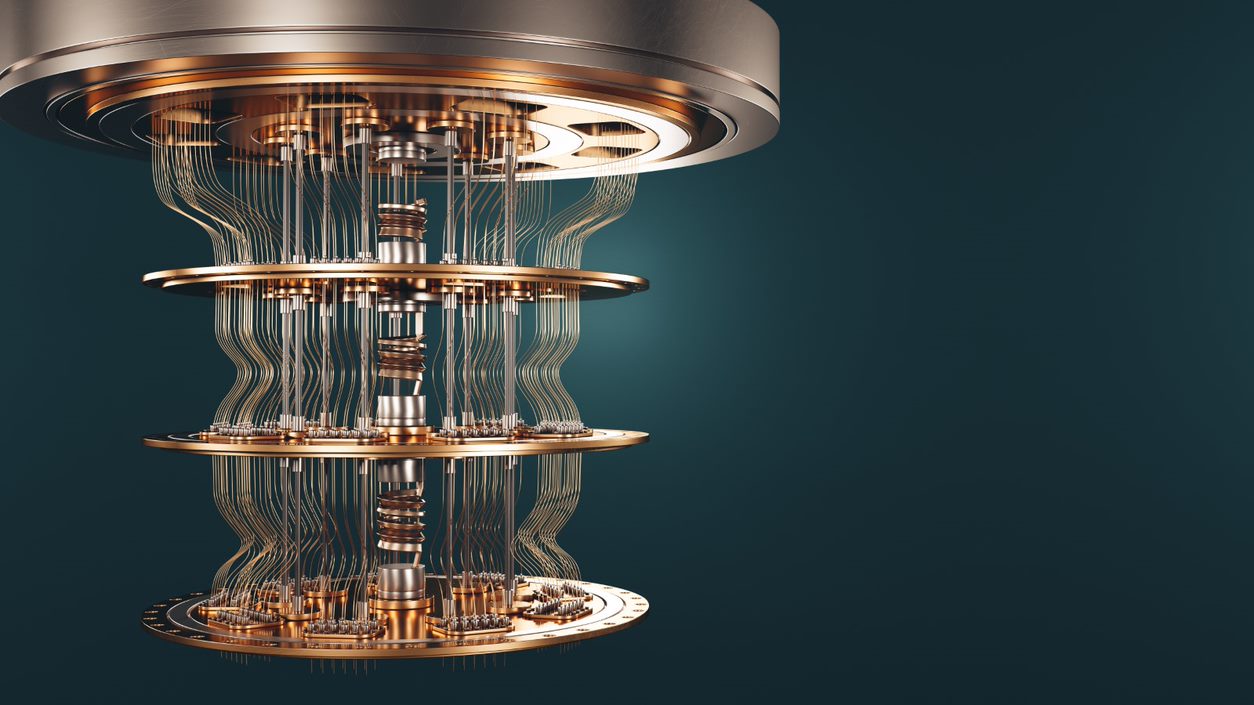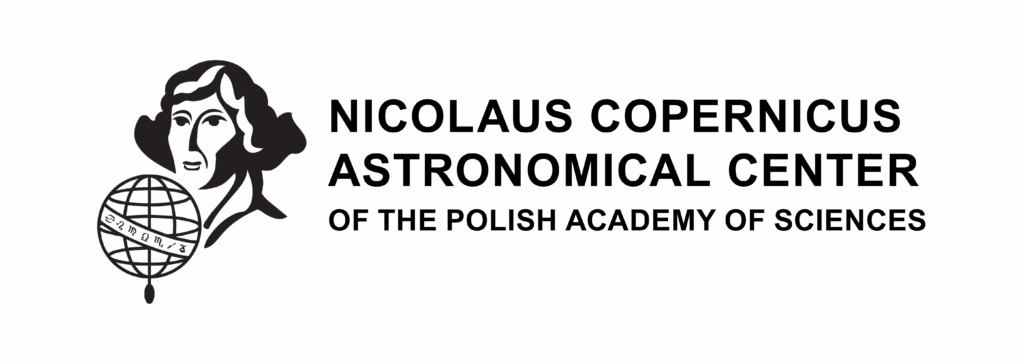LUMI-Q consortium one step closer to its quantum computer
27 June 2023 – The hosting agreement was signed in Luxembourg for the acquisition and operation of a quantum computer by the international LUMI-Q consortium. It will be installed at IT4Innovations National Supercomputing Center in Ostrava, Czechia, in 2024 and become the first Czech quantum computer, which will also be available to the European research community.
The hosting agreement was officially signed for the acquisition and operation of the quantum computer of the European LUMI-Q consortium at the IT4Innovations National Supercomputing Centre in Ostrava, Czechia. The signed agreement with the EuroHPC Joint Undertaking governs the roles, rights, and obligations of the parties. The procurement process for the quantum computer will be managed directly by the EuroHPC JU and launched shortly. The investment costs for the procurement of the quantum computer are planned to amount to a maximum of EUR 7 million. They will be 50% co-financed by the EuroHPC JU budget under the Digital Europe Programme (DEP) and 50% from the contributions of the member countries of the LUMI-Q consortium.
“Signing the agreement to host the LUMI-Q quantum computer in the Czech Republic is an important milestone not only for the Czech research community in the field of quantum computers and algorithms but also represents a significant step towards developing European quantum computing resources. Together with other European partners, we are creating an important element of future scientific progress in quantum computing and its applications,” said Branislav Jansik, IT4Innovations` Supercomputing Services Director and the coordinator of the LUMI-Q project.
The LUMI-Q consortium, which brings together 9 European countries: Belgium, Czechia, Denmark, Finland, Germany, the Netherlands, Norway, Poland, and Sweden aims to provide academic and industrial users with a quantum computer based on superconducting qubits with a star-shaped topology. Its advantage is that it minimises the number of so-called swap operations and thereby enables the execution of very complex quantum algorithms. The assumption is that it will contain at least 12 qubits. This quantum computer will be directly connected to the EuroHPC supercomputer KAROLINA, located at IT4Innovations in Ostrava. In addition, the plan is to connect it to other EuroHPC supercomputers, especially those hosted by other members of the LUMI-Q consortium, such as the most powerful European supercomputer LUMI, and the supercomputer Helios which will be located in Kraków, Poland.
“At AstroCeNT — Nicolaus Copernicus Astronomical Center of the Polish Academy of Sciences we want to use quantum computers to develop and test new quantum machine learning methods for studying Gravitational Waves and process images acquired by satellites. The membership in the LUMI-Q consortium will allow us to establish scientific bridges between quantum computing and astroparticle physics communities”, says Piotr Gawron, the leader of Scientific Computing & Information Technology Group at AstroCeNT.
Boilerplate
The LUMI-Q consortium will provide a European-wide quantum computing environment integrated with the EuroHPC infrastructure. The proposed concept allows the integration of the targeted EuroHPC quantum computer into multiple EuroHPC supercomputers, including KAROLINA in Czechia, LUMI in Finland, and EHPCPL in Poland. The LUMI-Q consortium brings together 9 European countries: Belgium, Czechia, Denmark, Finland, Germany, the Netherlands, Norway, Poland, and Sweden.
LUMI-Q consortium partners:
Coordinator: VSB – Technical University of Ostrava, IT4Innovations National Supercomputing Center, Czechia
CSC – IT Center for Science, Finland
VTT Technical Research Centre of Finland Ltd, Finland
Chalmers University of Technology, Sweden
Danish Technical University, Denmark
Academic Computer Centre Cyfronet AGH, Poland
Nicolaus Copernicus Astronomical Center, Poland
Nordic e-Infrastructure Collaboration,
Sigma2 AS, Norway
Simula Research Lab, Norway
SINTEF AS, Norway
Deutsches Zentrum für Luft- und Raumfahrt, Germany
University of Hasselt, Belgium
TNO Netherlands Organisation for Applied Scientific Research, the Netherlands
SURF BV, the Netherlands








